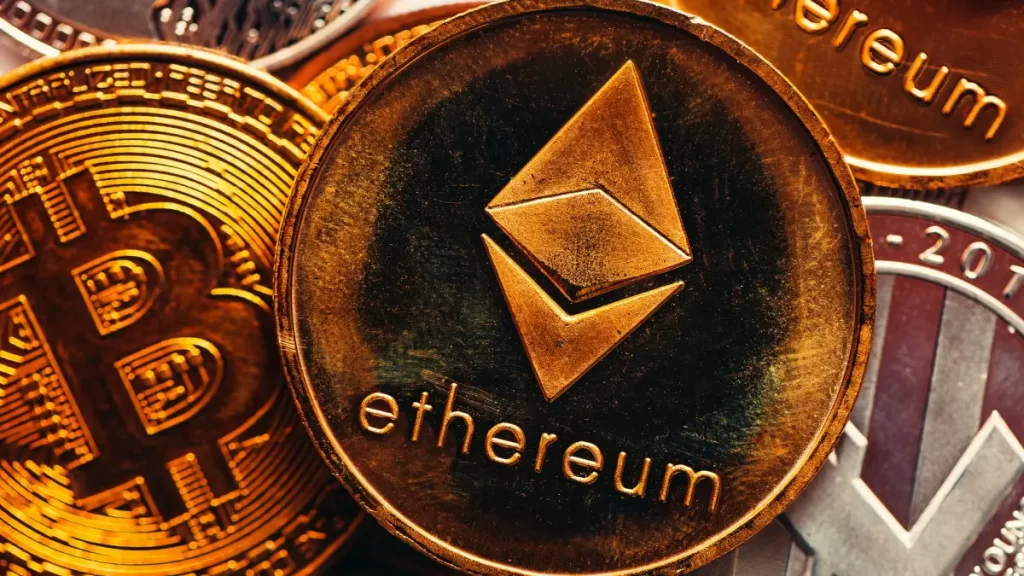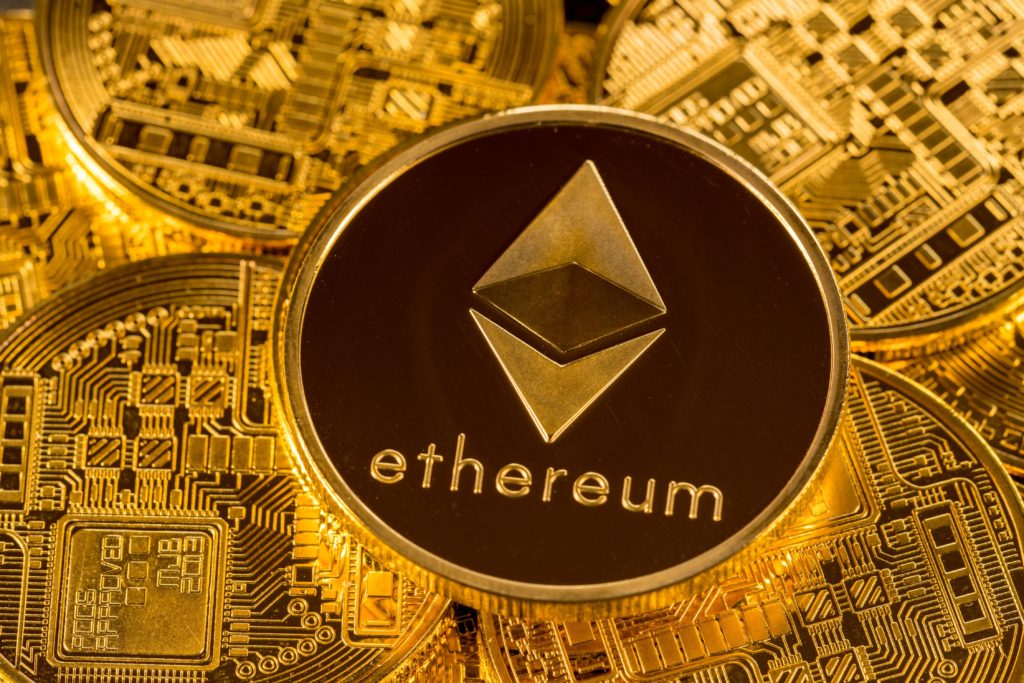Australia is set to launch its first spot Bitcoin exchange-traded fund (ETF), which directly holds the asset, on Tuesday.
The Monochrome Bitcoin ETF (IBTC) will begin trading on the Cboe Australia exchange on June 4.
While Australia already has several exchange-traded products offering Bitcoin exposure, Monochrome Asset Management is the first to receive approval under a new crypto asset licensing category established in 2021 under Australian Financial Services (AFS) licensing rules.
This new category allows the ETF to directly hold Bitcoin.
Monochrome ensures that IBTC’s holdings are stored offline in a device not connected to the internet, utilizing a crypto custody solution that meets “Australian institutional custody regulatory standards.”
“Before IBTC, Australian investors were only able to invest in ETFs that indirectly hold Bitcoin or through offshore Bitcoin products, both of which don’t benefit from the investor protection rules under the directly held crypto asset AFS licensing regime,” Monochrome stated.
Unlike its U.S. counterparts, which are cash-settled, the ETF allows in-kind redemption from investors.
Monochrome CEO Jeff Yew expressed optimism about the new ETF, citing the consistent growth of indirect Bitcoin ETF products in recent months.
He told Cointelegraph that he anticipates “strong interest” in the firm’s ETF and confirmed that Monochrome is prepared to launch an Ether ETF, which will also hold the asset directly.
“We are also exploring other thematic opportunities within the digital asset sector to meet investor demand,” he added.
The launch of IBTC follows the introduction of four spot Bitcoin ETFs in Hong Kong on April 30.
However, three of the four Hong Kong ETFs have experienced cumulative net outflows since their launch, with the exception of Bosera’s spot Bitcoin ETF.
In contrast, U.S. Bitcoin ETFs have seen better performance, with cumulative inflows of $13.9 billion, although this is offset by $17.9 billion in outflows from the Grayscale Bitcoin Trust.
Yew noted that Australia is a “very crypto-heavy country” and predicted that local spot Bitcoin ETFs could generate between $3 billion to $4 billion in net inflows within the first three years.
To submit a crypto press release (PR), send an email to sales@cryptointelligence.co.uk.










